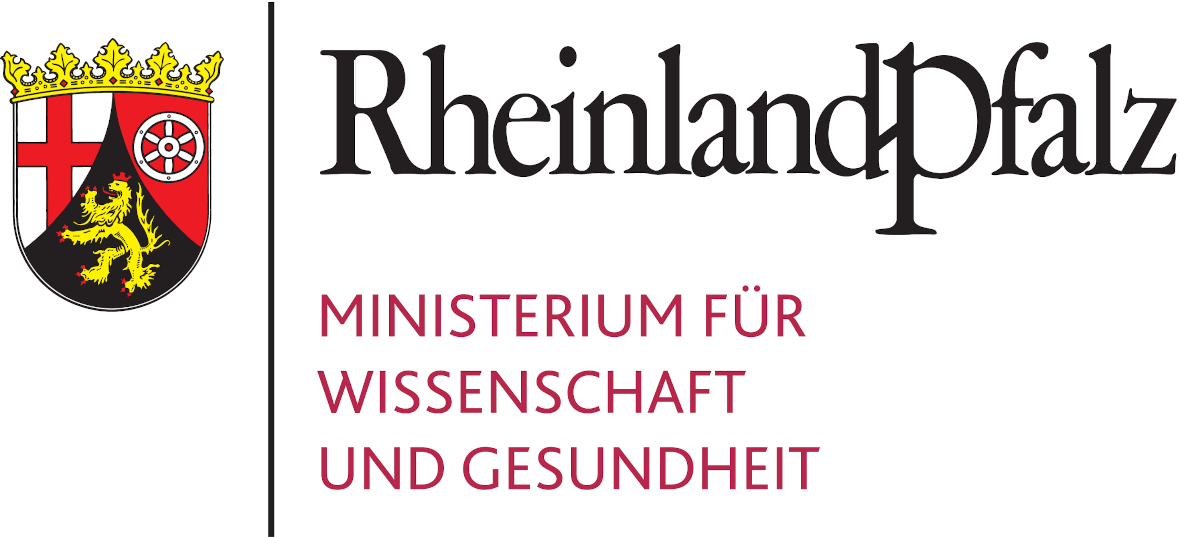The maps of 1830, 1850 and 1875 depict a network of academies throughout Europe wholly or partly devoted to history. Geographically, their sites ranged from Saint Petersburg to Sevilla, from Palermo to Dublin. The interest of these learned institutions in historical scholarship reached back to the eighteenth century, and in the case of the French and Swedish royal academies even to the seventeenth. During the Enlightenment, academies made historical scholarship one of their preferred activities. They began to collect and edit sources, and they promoted individual research and the writing of history books. The academies of Saint Petersburg, Copenhagen, Paris, Madrid, Lisbon, Florence, Naples and Palermo were all part of this eighteenth-century network of historical scholarship. After the institutional and intellectual turmoil of the revolutionary and Napoleonic years, academies were decisive institutional links between the older traditions of enlightened erudition and the new liberal and romantic interest in history. They invested a considerable part of their funds and their efforts in historical scholarship, mainly for the production of source editions. Their members included gentleman historians, archivists, librarians and professors, and they created an international network of scholars interested in the advancement of historical studies.
This was particularly the case in Spain, Portugal, Italy and France, where the universities began to engage in historical scholarship later than in the Northern and Central parts of Europe. In the Latin countries, both old and new academies (such as the Académie des sciences morales et politiques founded in 1832 by the French minister and historian Guizot, which became the model for the Real Academia de Ciencias Morales y Políticas in Madrid, founded in 1857) provided the infrastructure for the early development of scholarly activities in the archives, and they defined the guidelines for the many source editions that were started in these decades. In the two Iberian countries, the network of academies was of central importance for the professionalization of historiography because it organized and supervised the conservation of historical documents, including monuments, numerous archaeological activities, and the training of the new professional archivists. But their central position remained an exception in Europe. Even though in the middle of the century new academies were founded (Brussels in 1845, Leipzig in 1846, Luxembourg 1845, Vienna 1845), in the other countries universities or learned societies were equally important and played a large part in the making of the new profession.
Special historical commissions were created for the better coordination of activities in historical scholarship, outside or within the academies. The French Comité des travaux historiques et scientifiques and the Belgian Commission Royale d’Histoire of 1834, or the historical commission of the Bavarian Academy of Sciences founded in 1857, all undertook ambitious national projects for the editing of sources. In all countries, academies were institutions of high symbolic value for the new professional historiography, and they provided forums where the new professional historians at the reformed universities or the directors of national archives and libraries could meet to discuss scholarly projects of national scope. During the second half of the nineteenth century, new academies were founded, particularly in Central and Eastern Europe (Belgrade, Sofia, Bucharest, Kraków) as part of nation-building and as a result of the foundation of new nation-states. These academies often grew out of private scholarly associations (as in Poland, Bulgaria or Romania), and they always engaged in national history and/or archaeology as one of their principal tasks.
Go back to Academies








